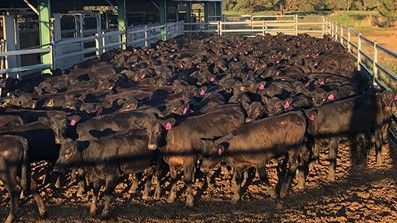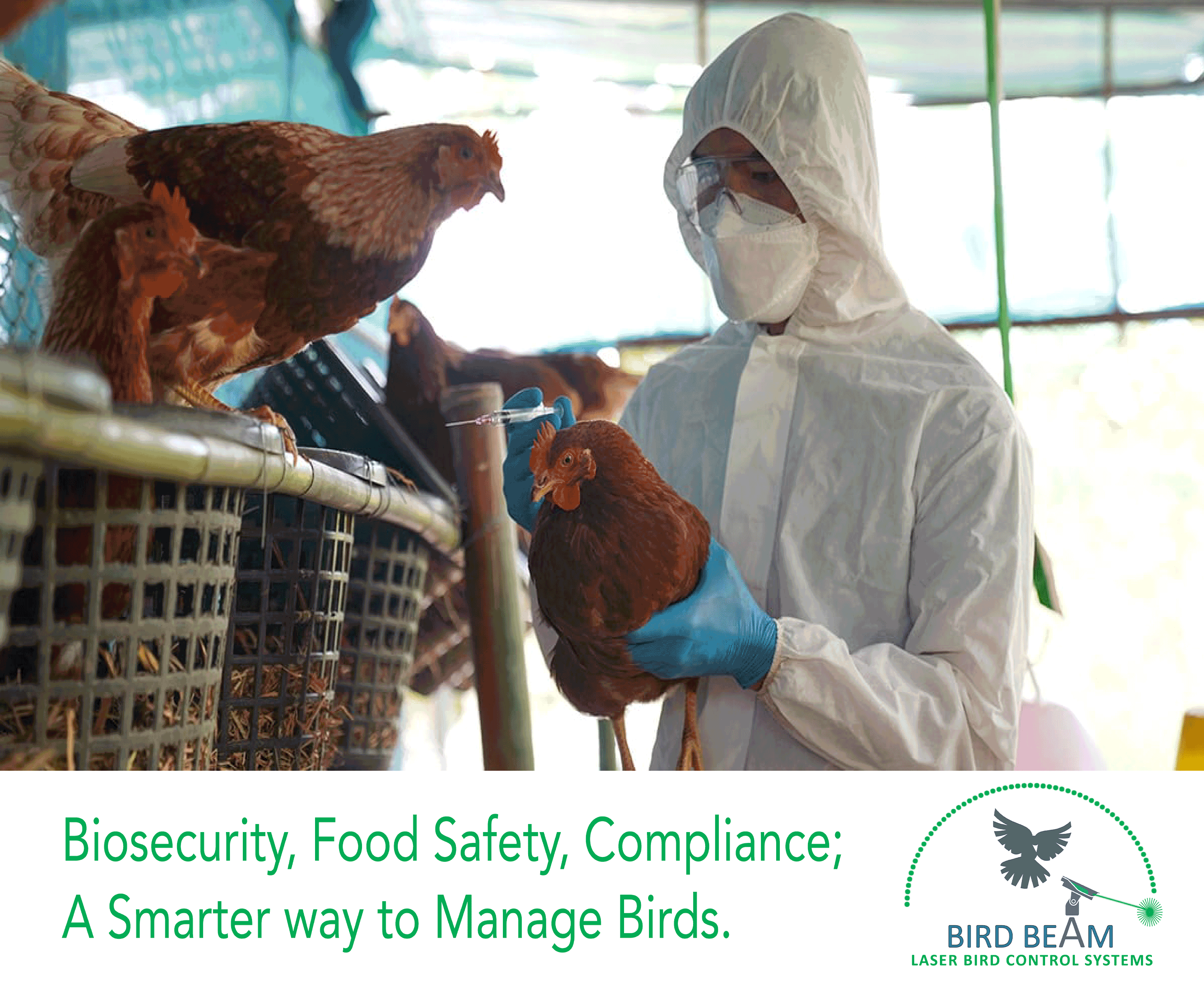1MG FlippingBooks
Lupin legume could be Australia’s soybean
Elizabeth Gracie

ASX-listed regenerative farming business Wide Open Agriculture (WOA) has partnered with Curtin University to develop a new technology that will utilise protein extracted from lupins to create plant-based meat alternatives.
The multiuse food ingredient is environmentally friendly, inexpensive to growers and consumers alike, and could meet the increasing demand for plant-based protein products such as soy.
With the rejection of soy in many countries due to links with cancer from phytoestrogens, lupins are a welcomed alternative.
Lupins, a type of legume, are commonly used to feed livestock and are known for their high levels of nutritional quality.
More than half of the world’s lupins are grown in Western Australia alone, making this a uniquely Australian opportunity.
“Given the growing demand for plant-based protein food ingredients, this new technology could provide a cost-effective solution to using lupin seeds that are grown right here in WA,” said Lead Researcher Stuart Johnson from Curtin’s School of Molecular and Life Sciences.
The already thriving plant-based protein industry is currently worth $19.5b USD and is expected to grow to $40b USD by the year 2025.
When speaking to the ABC, WOA Managing Director Ben Cole said that there were enormous benefits yet to be realized in using lupins as a food for human consumption.
“Lupin is one of if not, the highest legume with very high protein levels; it rivals the market leader soy, but no one has really worked out how to unlock it” said Cole.
When speaking with The Australian Farmer, Johnson said he had been working on the functionality of lupins for nearly 30 years, trying to unlock its potential as a human food to potentially get better returns for growers and have an incentive to plant it as part of a sustainable farming system.
“The modified lupin protein is inexpensive, versatile and clean and green; and may stimulate the increased production of lupins as part of sustainable farming systems in Australia” said Johnson.
According to Dr. Cole, only 4% of lupins are currently consumed by humans, however, he hopes that this technology will allow for greater visibility of lupin products in the plant-based protein market.
“Curtin’s technology represents an opportunity to create a novel plant-based protein that could elevate lupin into a rapidly growing sector of the market” said Dr. Cole.
WOA has begun food-grade trials of lupin protein products which include protein-enriched oat milk, breads, and pasta which will be available within the next three to four months says Dr. Cole.
Image: By Vi..Cult... - Own work, CC BY-SA 3.0, https://commons.wikimedia.org/w/index.php?curid=3855300
NEWS
















